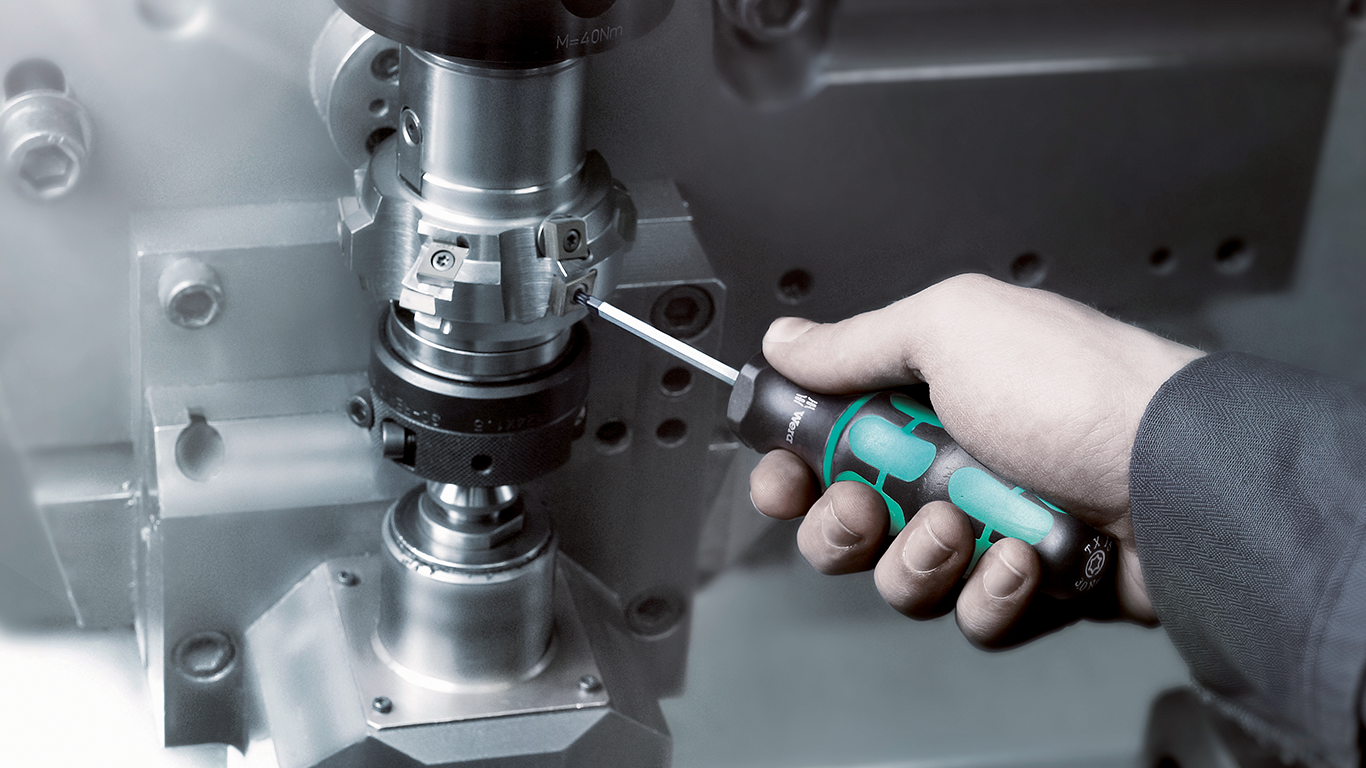
A walk around the workshop of a prosthetics manufacturer allowed the Wera Solutions Specialist to assess the tooling being used in the assembly of their products, get the opinion of the operatives and discuss ways of standardising each workstation. There was also the possibility to include Wera tools in mobile tool kits for the clinician’s carrying out work across the country. This is an extract from the resulting report.
When discussing challenges during the assembly process, staff mentioned the torque setting from the assembly instructions are not always followed correctly as sometimes operatives forget to adjust the torque on the screwdriver. This can lead to screws being tightened too heavily and needing to be drilled out, or potentially products that are not at the required spec being sent to a customer – which may cause returns further down the line.
When speaking to the operatives, they also mentioned that they tend to go off eyesight to select the correct size bit. Due to small sizes such as TX5 and TX6 etc being required, this can be very difficult to judge; so fixings may be getting rounded off due to the incorrect bit being used. Thus, making repairs and upgrades more difficult and time consuming further down the line. It may also be providing false feedback from the torque screwdriver, so the correct setting is not being applied.
Wera's Solution can offer a range of our pre-set drivers between the desired 0.1Nm – 0.6Nm range. This will increase the chances of the torque being set correctly for each fixing. By pre-setting the torque, human error is eliminated from the setting procedure, so all the operator has to do is select the correct tool by following a colour coding system in the assembly instructions.
By aligning certain tools to specific fixings, you also ensure the correct bit is selected for the torquing up procedure as the operator doesn’t need to change the bit. This not only improves quality but reduces downtime per part whilst decreasing the likelihood of bolts requiring to be drilled out. Not only does implementing preset drivers, improve the quality of the product and reduce return/reject rates, but it also reduces downtime as it is quicker to swap tools as opposed to stripping down the current torque screwdriver, changing the value and then rebuilding.
By implementing Wera pre-set drivers and incorporating them into the assembly instructions, the process becomes much easier and requires less training making life for new starters much easier. This in turn would protect the business from a spike in reject rates should the company wish to ramp up production if other major projects come to fruition.
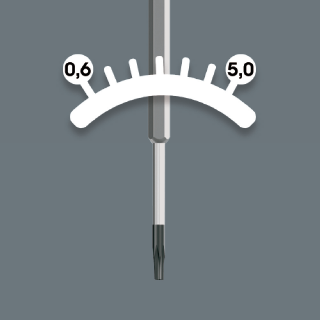
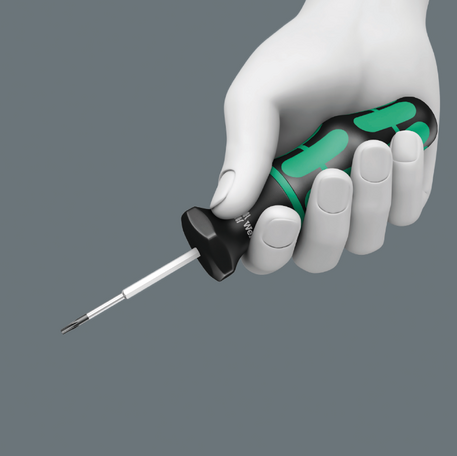
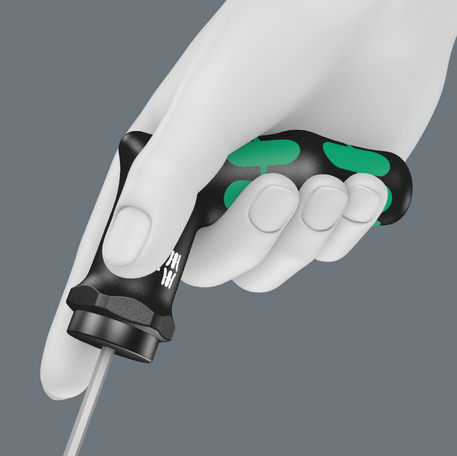
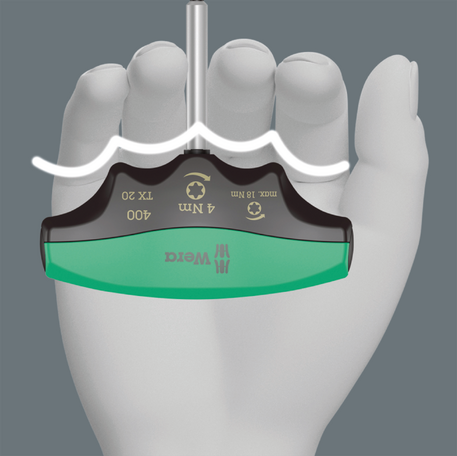
Some features of this website need your consent.